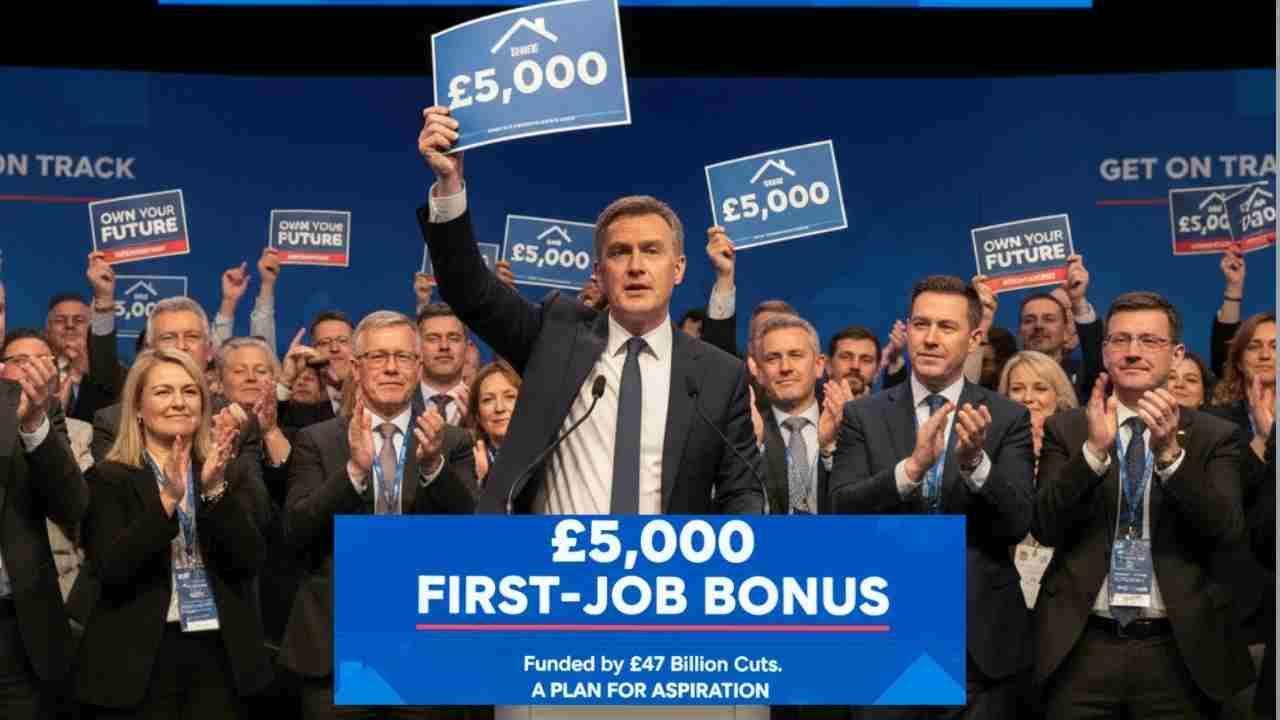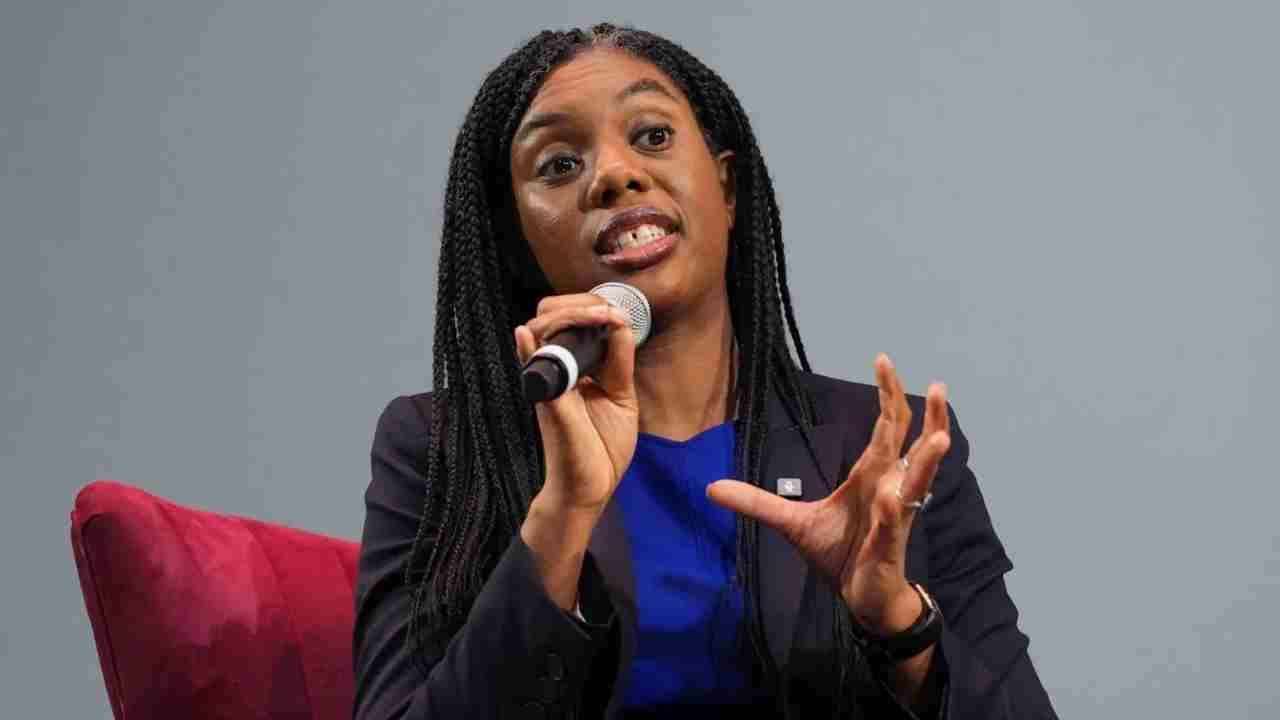In a dramatic push to recapture its reputation for fiscal discipline and connect with young voters, the Conservative Party has unveiled a radical plan at its conference, promising a £5,000 tax rebate for first-time buyers—but the proposal is funded by a massive package of £47 billion in public spending cuts over five years.
Shadow Chancellor Mel Stride is set to announce the "first-job bonus" in his speech to the Conservative conference in Manchester. The plan promises a £5,000 tax rebate to young people when they start their first full-time job, delivered as a National Insurance rebate diverted into a long-term savings account for use towards a first property.
The estimated £2.8 billion cost of the housing bonus is tied directly to a massive reduction in government spending across multiple departments, with the party arguing the country "cannot deliver stability unless we live within our means."
The Funding Cuts Detailed:
The £47 billion savings package is broken down into significant cuts across welfare, the Civil Service, and foreign aid:
Welfare Reform (£23bn): The largest portion of the savings is projected to come from the welfare budget. Key proposals include:
- Replacing Universal Credit payments for people with "low-level mental health problems" with treatment and support programmes.
- Barring non-citizens from claiming state support, except for those with settled status under the Brexit agreement.
- Commitment to keep the two-child benefit cap in place.
Civil Service Reduction (£8bn): The Conservatives pledge to cut Civil Service numbers by around a quarter, returning staffing levels to those seen in 2016.
Foreign Aid Cuts (£7bn): The party proposes to reduce the foreign aid budget further, to 0.1% of national income.
Other Savings: Additional savings are targeted from ending the use of hotels to house asylum seekers and scrapping various "green spending" initiatives, such as subsidies for heat pumps and electric vehicles.
Reaction and Context
The announcement is a central part of the Conservatives' pitch to voters on fiscal prudence and aspiration, particularly as they trail the current government in the polls. Mel Stride is expected to argue the party is "laser-focused on aspiring young people" and that the spending reductions are necessary to bring stability.
However, the proposals have been met with immediate criticism from opposition parties and some think tanks:
- Labour officials have labelled the plan as a rehash of "failed promises" and questioned the impact of the deep cuts.
- The Liberal Democrats suggested the plans show the Conservatives "learnt absolutely nothing from their disastrous handling of the economy" and that "Trussonomics is still in full swing."
- International development organisations criticised the proposed cuts to foreign aid as "reckless, short-sighted, and morally indefensible."
The commitment to maintain the triple lock on pensions remains, but the Institute for Economic Affairs (IEA) think tank warned the party against ignoring the "elephant in the room" of rising age-related spending, suggesting that other cuts alone would amount to "running to stand still."
The conference speech, expected later today, is poised to set the tone for the Conservative Party's platform ahead of the next general election.







.svg)
